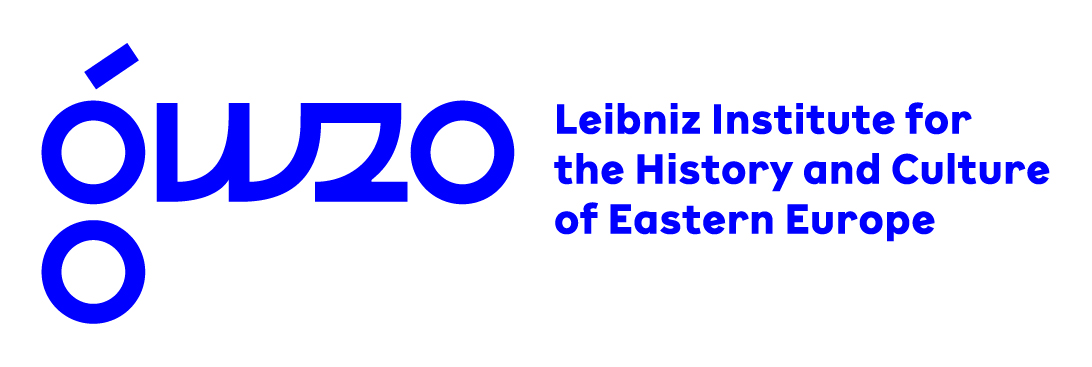
- Series editors
Julia Herzberg, Deputy Director of the Leibniz Institute for the History and Culture of Eastern Europe (GWZO) and Professor of Eastern European Cultural History, Leipzig University
Maren Röger, Director of the Leibniz Institute for the History and Culture of Eastern Europe (GWZO) and Professor of Central and Eastern European History, Leipzig University- Geographical Scope
- Central and Eastern Europe in a global context
- Chronological Scope
- Late antiquity to contemporary
- Editorial Board
Adéla Gjuričová, Director of the Institute of Contemporary History of the Czech Academy of Sciences, Prague
Béla Tomka, Professor at the Department of History, University of Szeged
Karin Friedrich, Professor in Early Modern History, University of Aberdeen
Victoria Frede, Associate Professor at the Department of History of the University of California at Berkeley
Anna Artwińska, Professor of Slavic Literary and Cultural Studies, Leipzig University
Kristina Jõekalda, Associate Professor, Estonian Academy of Arts, Tallinn- Keywords
- Central and Eastern Europe, Southeastern Europe, history, art history, literary studies, cultural studies, environmental humanities, citizen science
- Flyer
- Download flyer
- Logo

GWZO Studies on Central and Eastern Europe: Interdisciplinary Approaches to Culture, History, and the Environment
GWZO Studies on Central and Eastern Europe: Interdisciplinary Approaches to Culture, History, and the Environment aims to deepen our understanding of processes of cultural, political, and social change in Central and Eastern Europe. Located at the intersection of different disciplines in the humanities, the series is a space for works of cultural and literary studies as well as history reaching from pre-modern times to the present. It seeks to offer new, differentiated, and multifaceted insights into the region against the backdrop of global (dis)entanglements.
The series’ focus reflects the main areas of specialization of the Leibniz Institute for History and Culture of Eastern Europe (GWZO): (1) transcultural approaches to politics, society, and the economy (2) culture, art, and architecture in the present and in the past (3) environmental humanities (4) the history of knowledge It reflects the institute’s transdisciplinarity, broad temporal scope, and methodological openness in the humanities.
We welcome suggestions for monographs and edited volumes that examine the influence of humans on Central and Eastern Europe’s natural and cultural landscapes in the spheres of economics, politics, culture, science, and the law. A key focus is placed on the transfer of people, ideas, knowledge, and goods across the region and on Central and Eastern Europe’s position as a world region organized along East/West and North/South lines. Furthermore, we welcome book proposals on topics relating to the significance of culture for society as well as explorations of past and present epistemologies.

